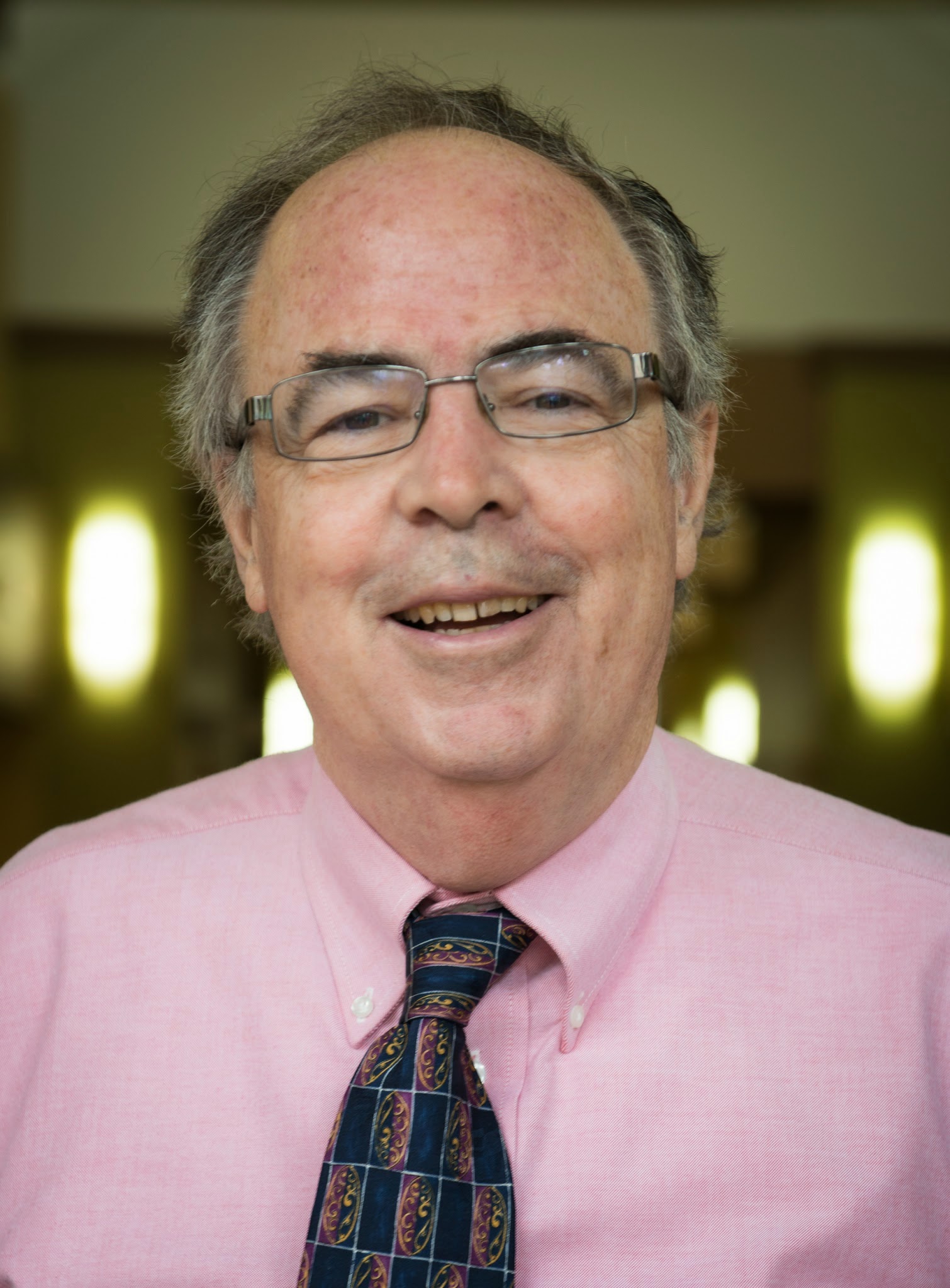AARP Hearing Center

For the last six years, I’ve served as volunteer state president of AARP Florida. It’s definitely been a learning experience. And most of my learning has been about people age 50+ in Florida.
- Over the last six years, I’ve worked with fascinating people and heard scores of experts on all sorts of topics. Here are three important trends I see ahead for the 50+ population: Economic security will be a growing problem. As we transition from the traditional “defined benefit” pension model to one based on 401K private savings accounts, people are losing the foundation of a reliable stream of income. Many enter their sixties not having saved enough. The requirements of self-managing an investment portfolio, including asset allocation, tax implications, attempts at market timing, and emotional reactions to market swings all factor in to the challenge of having enough money in retirement.
On the expense side, the cost of home health care aides can accumulate quickly. The cost of an assisted living facility, frequently $36,000 to $40,000 a year or more, can eat through any savings – let alone the $70,000 average annual cost of nursing-home care. Just last week I heard a professional social services director refer to the coming tsunami of Alzheimer’s sufferers that Florida will see because of the combination of longer life spans and the Boomer population bulge. Care for those in that situation will be expensive. Seniors will really have to learn how manage their own finances in the future, as the safety net of a defined benefit pension plan won’t be there for many of them.
- Transportation is often the straw that breaks the camels back in forcing seniors to change their lifestyle Those in their 50’s might be lucky enough to see the “driverless cars” being developed by Google and others by the time they are no longer able to drive a car themselves. A driverless car that could be programmed to go to the grocery store or one’s doctor would make a major contribution to helping people stay in their homes longer. But for today and for most of us, we’ll have to rely on a patchwork of public transportation, cabs, and in some places senior car services. This patchwork is often unreliable and our suburban sprawl development model has made cost-effective public transportation unworkable. When you lose your ability to drive, you lose a big portion of your independence in most places in America.
- Encore careers will help a lot of people. Finally some good news is that there seems to be, probably because of extended life spans, an increasing emphasis on what some are calling “encore careers.” The old image of a retirement spent between a recliner and a golf course seems to be giving way to one of pursuits like continuing education, volunteer service with nonprofits, and exploration of new interests and hobbies. Retirement isn’t necessarily being approached as an end of life chapter, but as another new chapter.
AARP Florida is currently seeking applications for the State President position. For more information, State President application [https://states.aarp.org/aarp-florida-is-searching-for-our-next-volunteer-state-president-will-it-be-you]































































